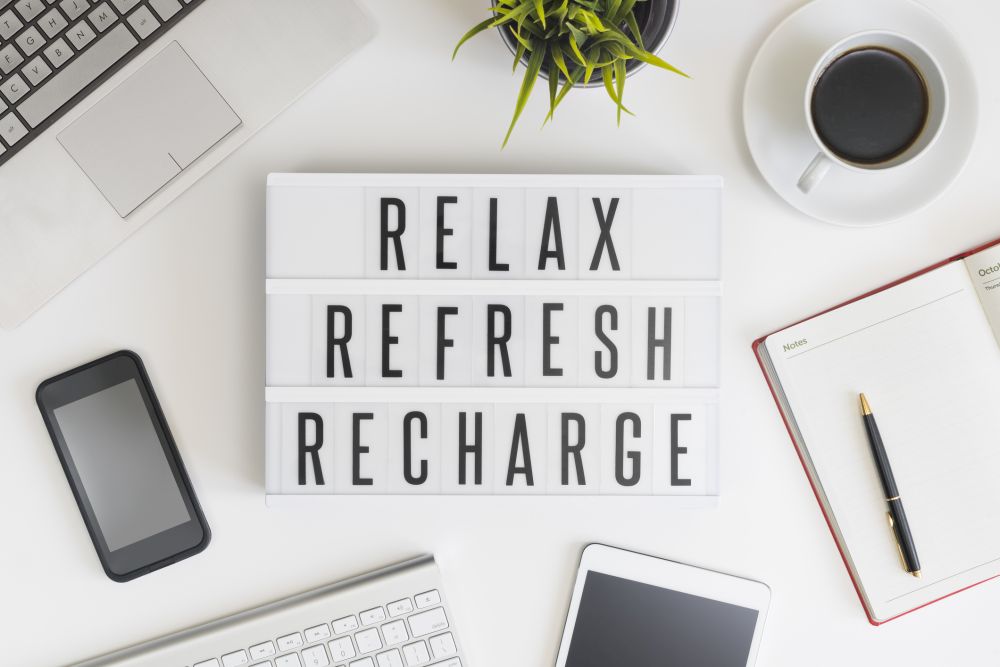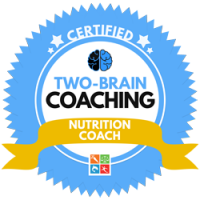The short answer: yes. And here’s why.
Time To Press Pause
Exercising stimulates the production of hormones such as human growth hormone and, if you’re weight-training in particular, testosterone. These hormones are essential for driving fitness boosting adaptive processes in the body, but it’s only in recovery that they can get to work. The hormone’s ‘rest-day’ tasks include repairing and strengthening muscles and improving your lactate threshold (the maximum intensity you can train at before lactic acid stops you in your tracks!). However – that’s not to say that twice a week you need to have a duvet day. In fact, some movement is crucial; low intensity movement and stretching on a rest day is ideal to promote recovery and combat muscle soreness.
So What’s So Great About Gentle Stretching?
Did you know… most people people sleep in the foetal position, which can be as damaging as poor desk posture? These crunched up and hunched over positions can lead to muscle shortening, exacerbating those pesky DOMs. Even just ten minutes of gentle stretches (particularly back extensions – think cobra! – and hip mobility work) are encouraged. Incorporating gentle exercise such as walking or gentle cycling can help keep you active without pushing the intensity.
Safety First
Think about a time when you’ve been overworked in your job, staying late and taking your laptop home. Most people would agree that it’s those times when we are likely to make mistakes or slip up. Exercising is exactly the same: if your body is overworked, you’ll be more likely to fall out of form, catch a lift badly, or take a wrong step. Overtraining also exposes your muscles to repetitive strain and stress, increasing the risk of overuse injuries (which in turn… would result in a lot more than one rest day!).
Hydration Is Key
There’s never a day where hydration isn’t important, but be sure to keep it in mind even when taking a rest day. That good old H20 acts as a lubricant for muscles and joints, helping avoid cramps and soreness. It’s also worth keeping an eye on your nutrition – remember your body might be working really hard to repair after a big day of training the day before, so ensure you’re fuelling yourself with wholesome, nutritious food, even when you’re not hitting the gym.
Zzz…
Human growth hormone is stimulated by sleep as well as exercise, so it’s important to keep your sleep hygiene on point to maximise your recovery. Trying to keep your bed times and wake up times as consistent as possible is a big step in the right direction. We suggest setting an alarm in the evening to kickstart your bed-time routine – it’s an excellent way to get in the habit of winding down at a sensible – and importantly, consistent – time each night.
It’s In The Mind
If you’ve always got a lot on your plate (and sadly we’re not referring to food…) it might be that exercise is your go-to de-stresser, and you feel that you can’t go without it. However, working out every every day can keep your cortisol levels – which should fluctuate throughout the day – high. Without a break from training, your growth hormone levels can slump, which can lead to a sunken mood and disrupted sleep. The opposite effect to what we’d hoped for! So what’s the solution? Try to find an alternative way to unwind on your day off, and if that’s some gentle stretching or an un-plugged evening walk – you’re already ticking another one of the rest-day boxes too!
Next Steps…
-> Speak to a coach if you’re struggling to work out when to work-out! They will be happy to chat through suggestions of how many days a week to train, and when to rest, to fit in with your work-life routine.
-> Get in touch if you aren’t sure how you should be fuelling yourself, and would like more support with your nutrition goals.
> Consider adding some mobility into your routine! Check out the UV reels on Instagram for ideas, or just ask a coach!
Sources: Dr Nicky Keay, Exercise Endocronologist (Women’s Health 2021) Kirsten Nunez (Healthline.com 2019)




